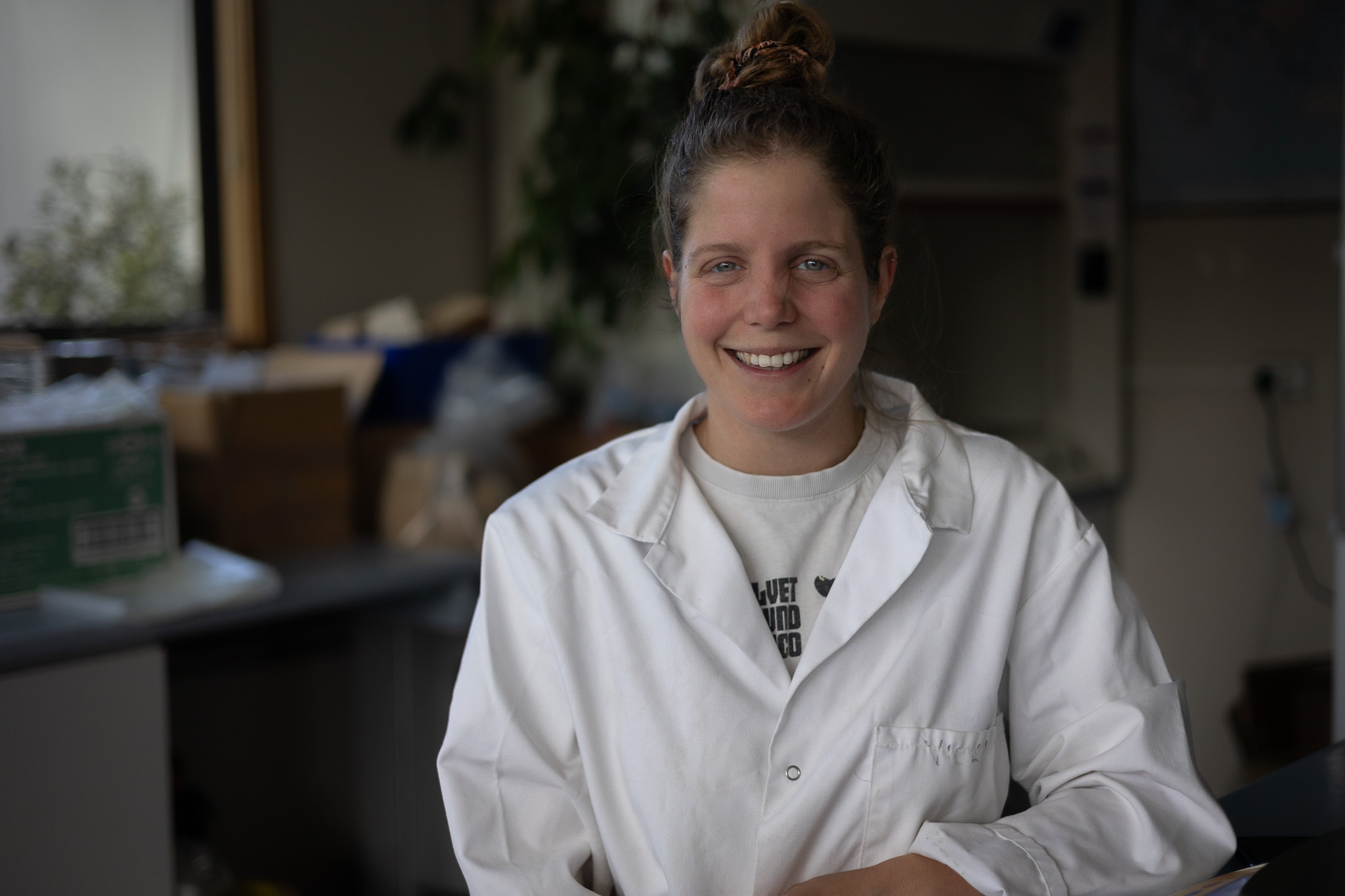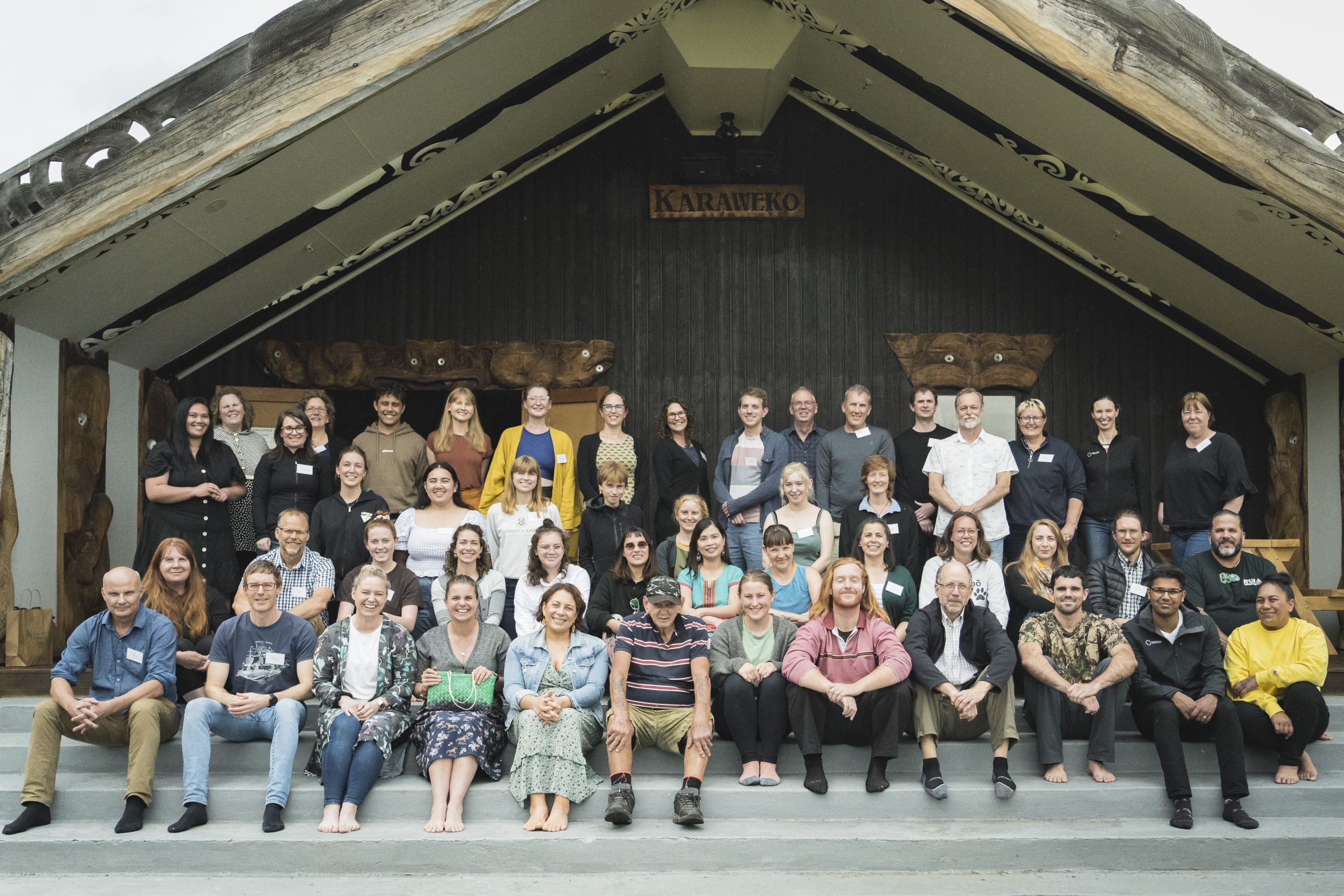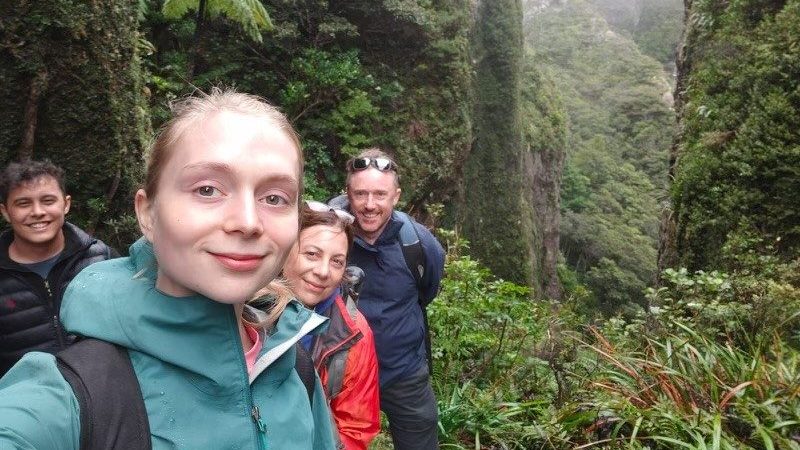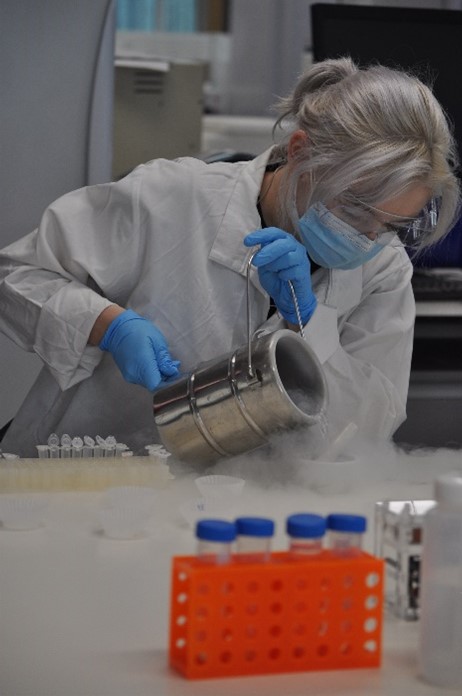
Project Details
Project Overview
This research project aims to understand the role of the microbiome in soil and plant responses to moisture and pathogen stresses. The research considers 30 sites across Horomaka (Banks Peninsula) which range in elevation and precipitation and where kānuka (host plant) patches are found.
A central theme is whether microbial communities can adapt to site-specific abiotic conditions, such as soil moisture content induced by precipitation. This is followed by the question whether microbial community adaptation to site-specific conditions can be “transmitted” to host plant.
Soil assays based on short and prolonged moisture stresses are used to investigate soil responses, while a greenhouse experiment is performed to study microbiome-induced plant responses.
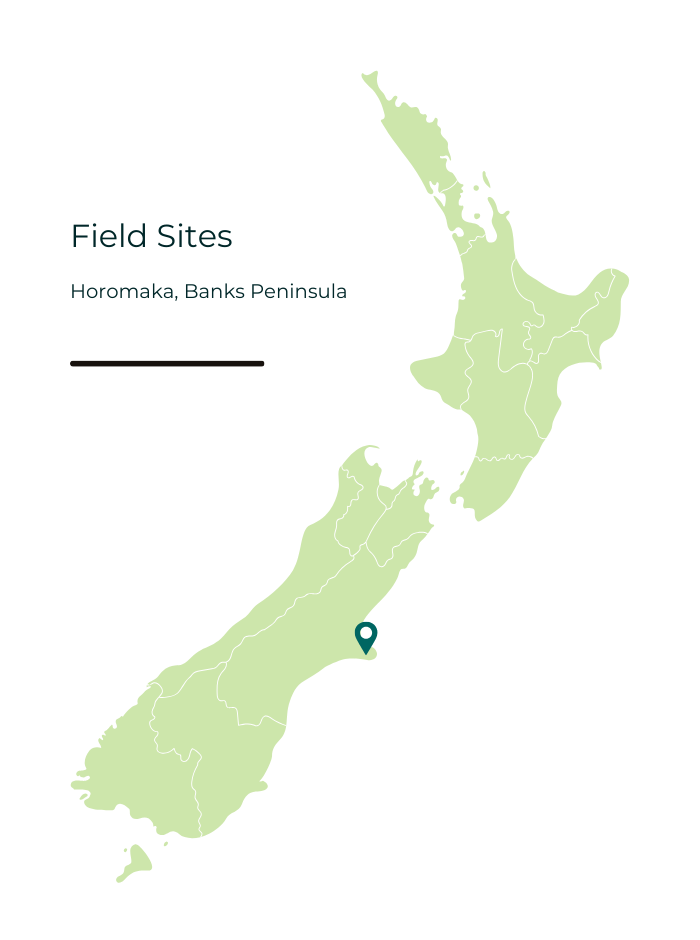
Why This Matters
Success of reforestation efforts requires survival and establishment of pioneer trees, among which kānuka.
This project aims to determine microbial communities resistant to moisture and pathogen stresses which could be used to increase reforestation success.
Project Objectives
- Determine whether microbial community adapt to site-specific conditions.
- Determine whether adapted microbial communities can improve plant responses to moisture and pathogen stresses

